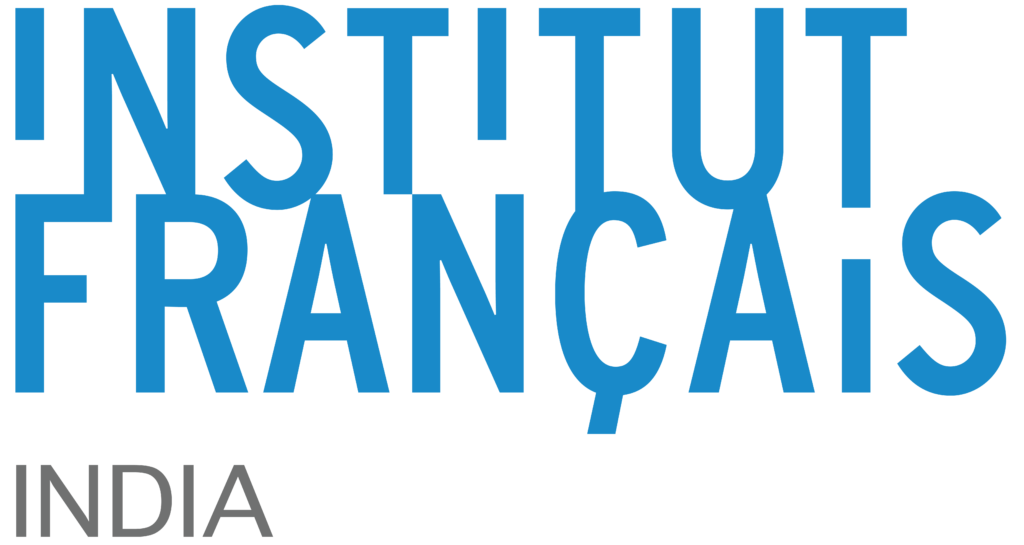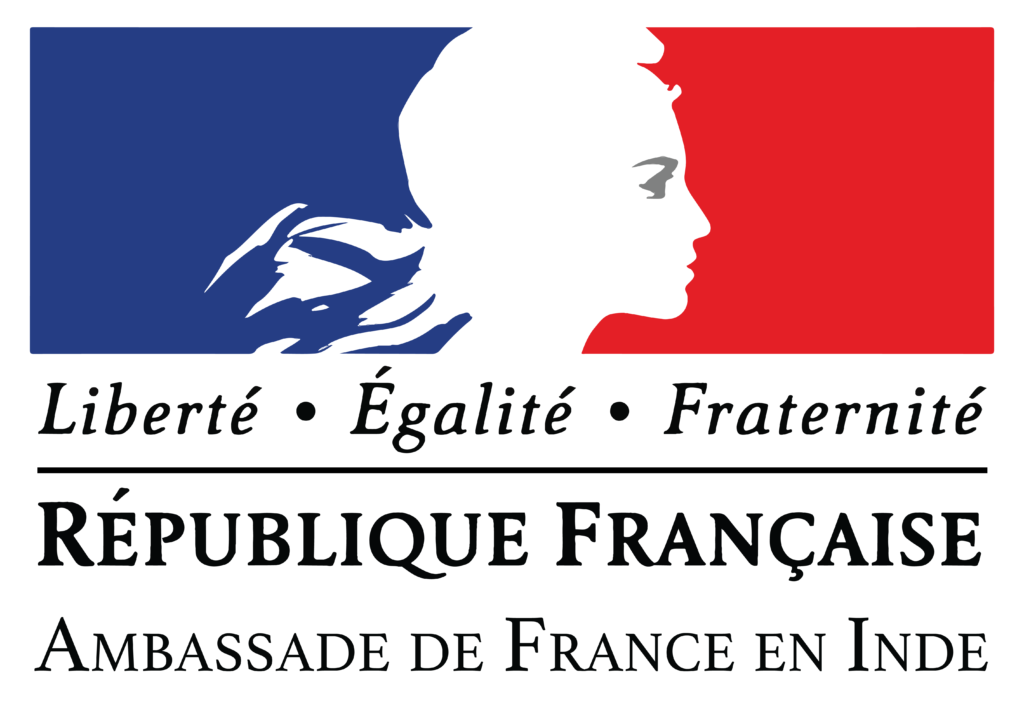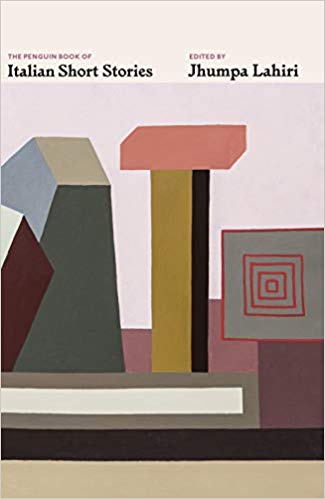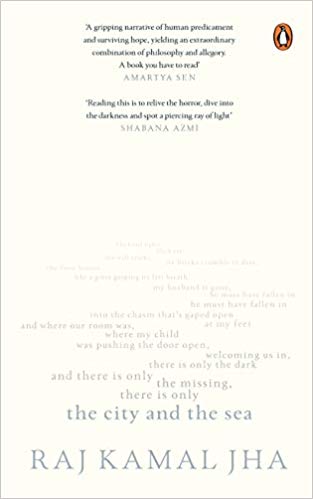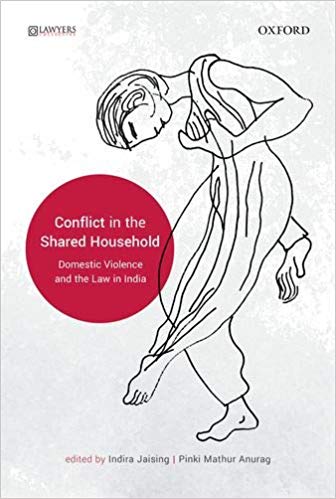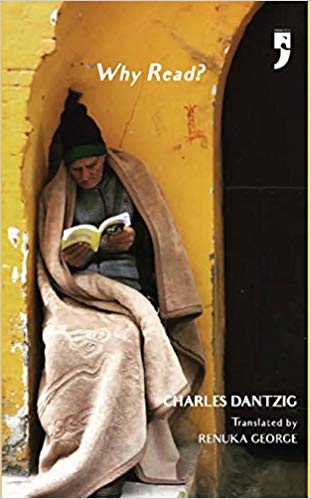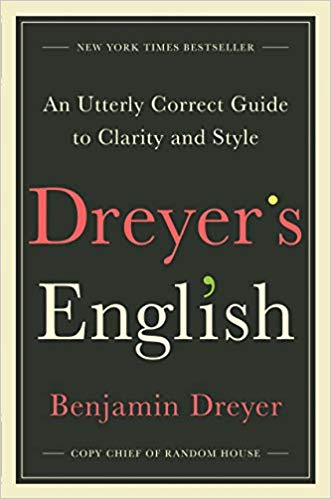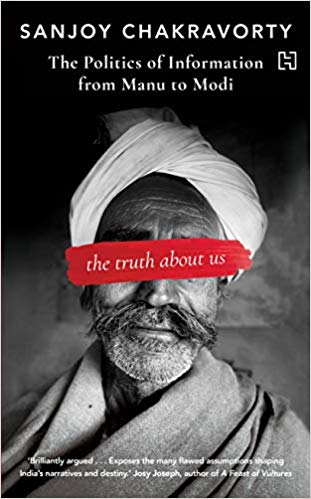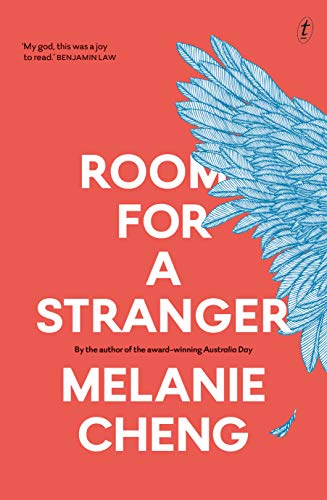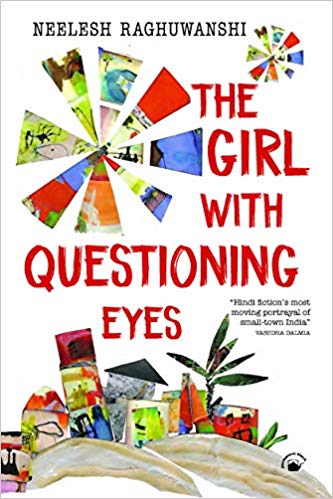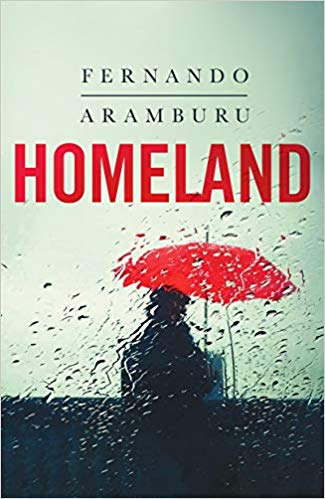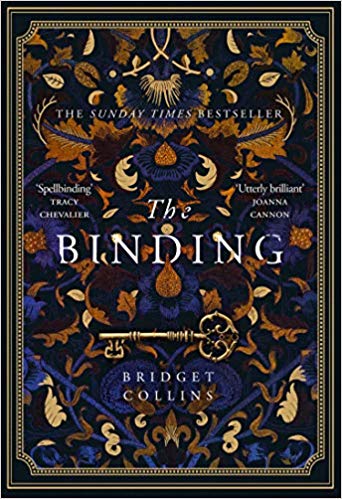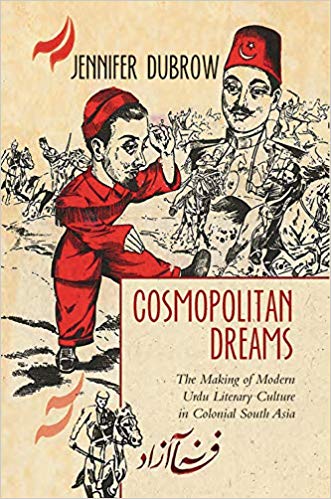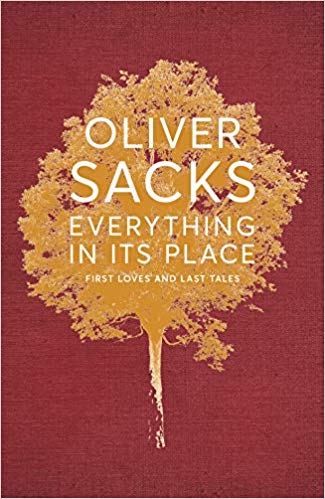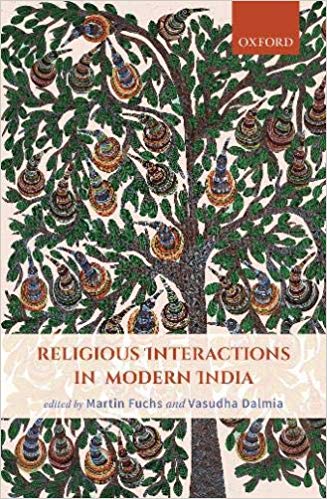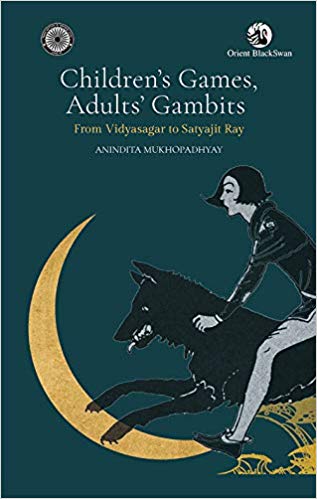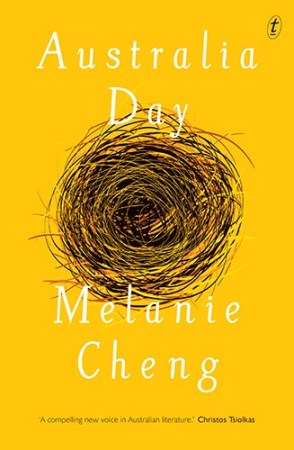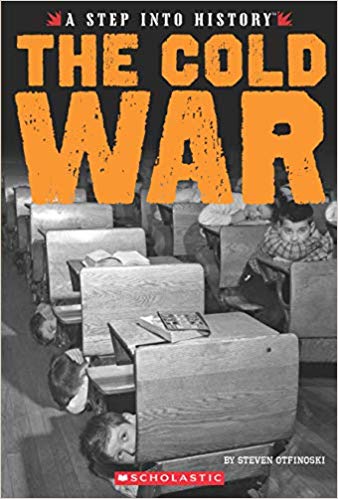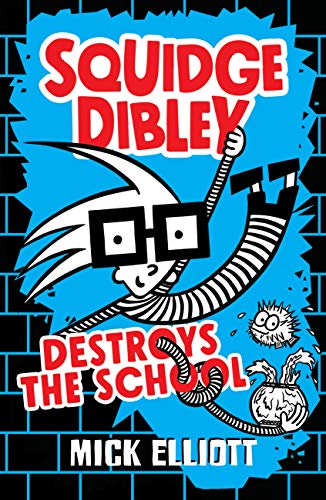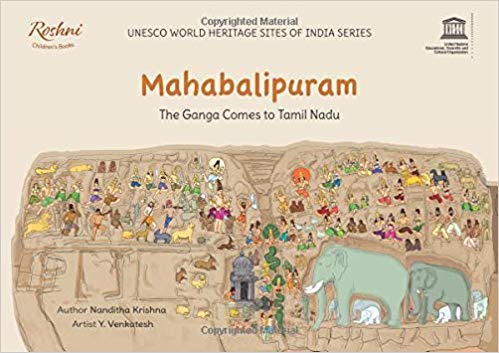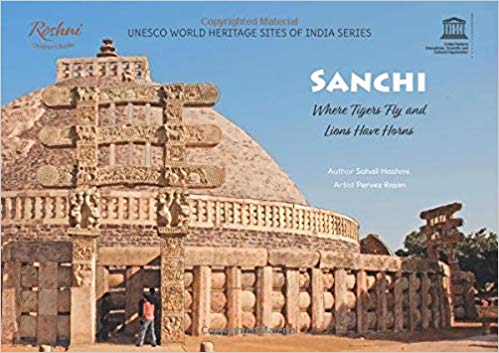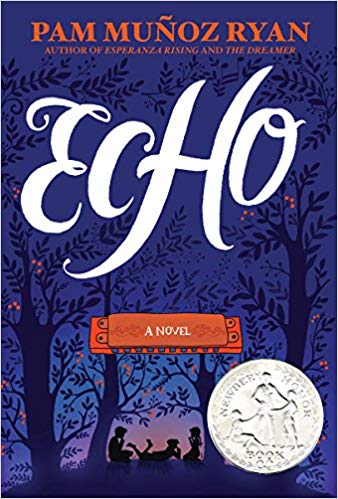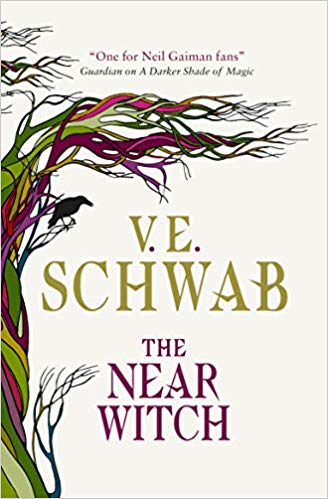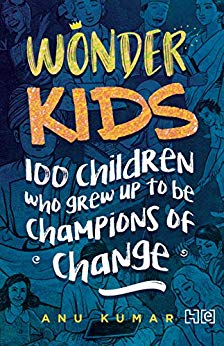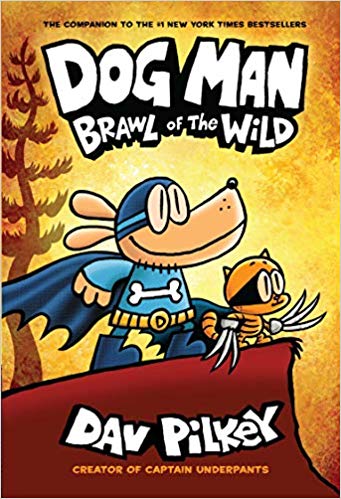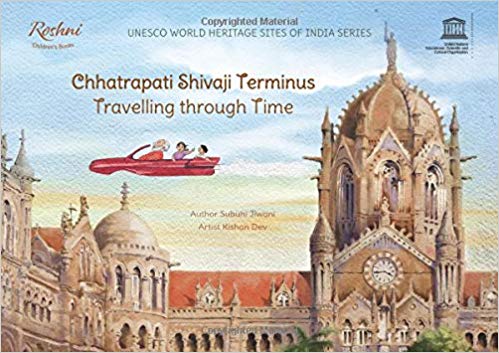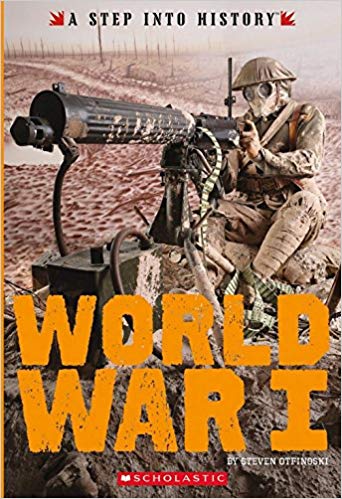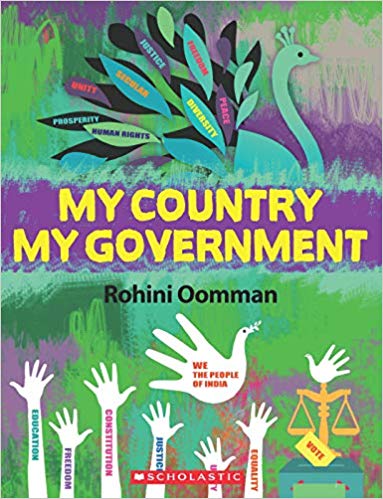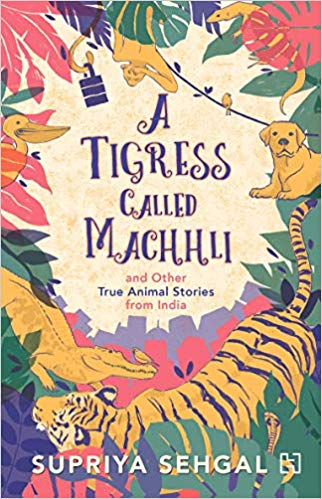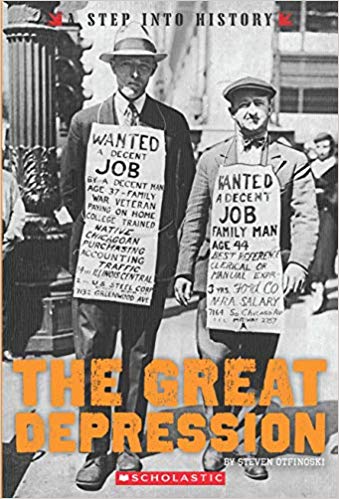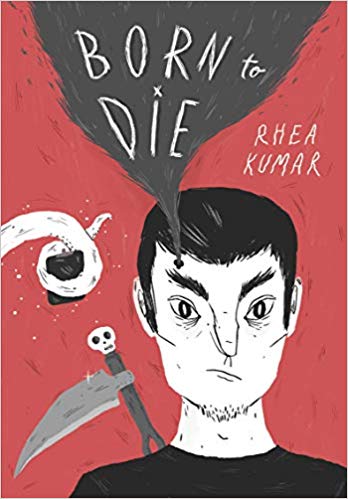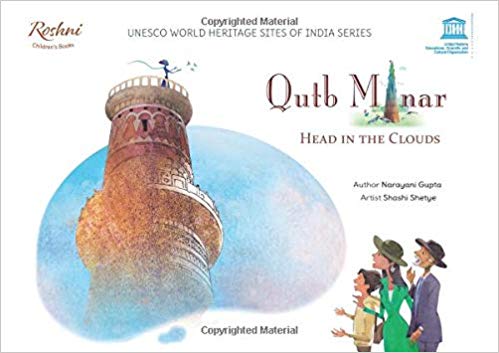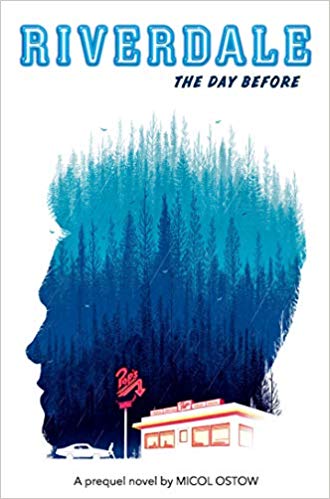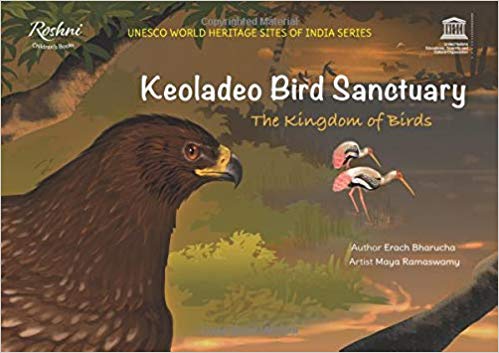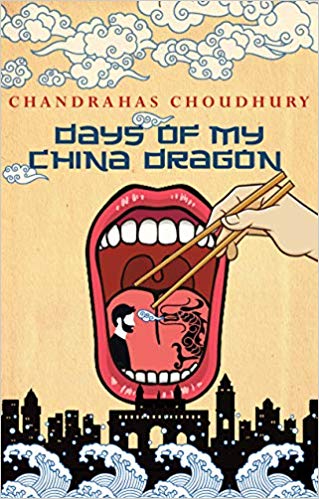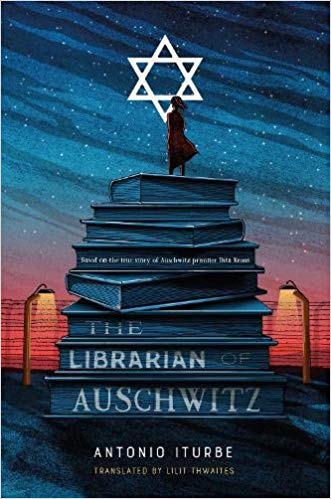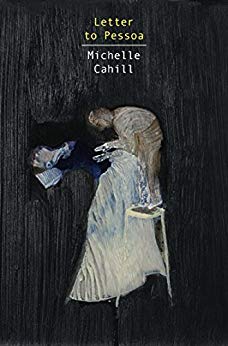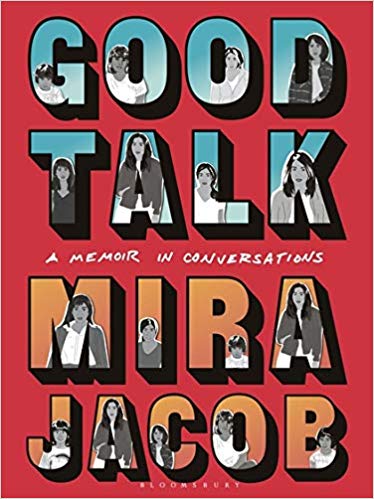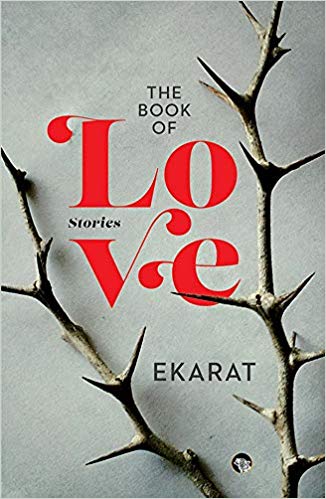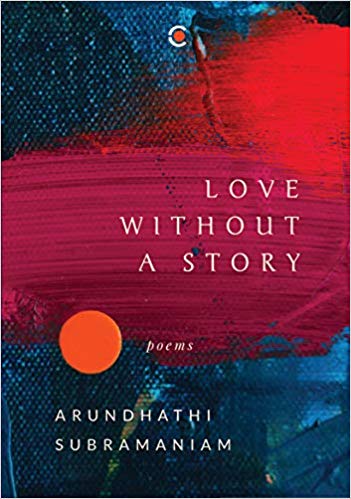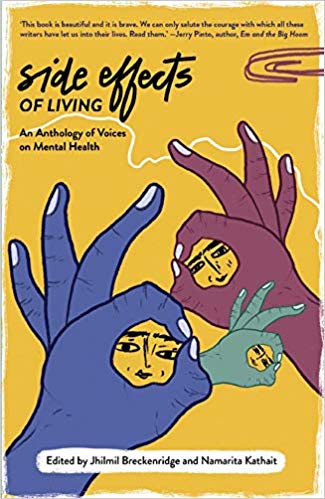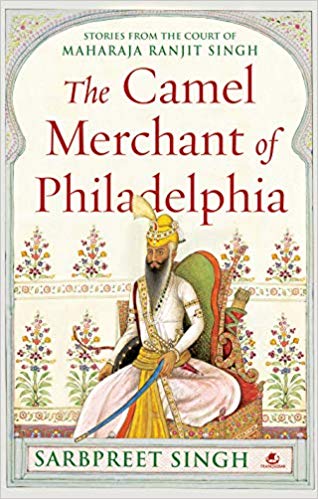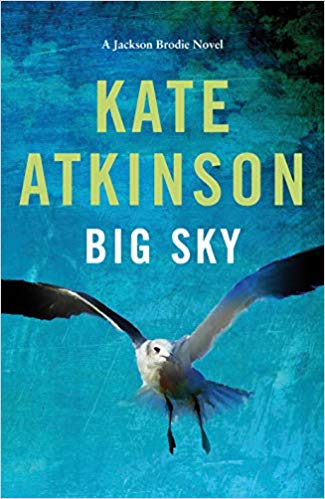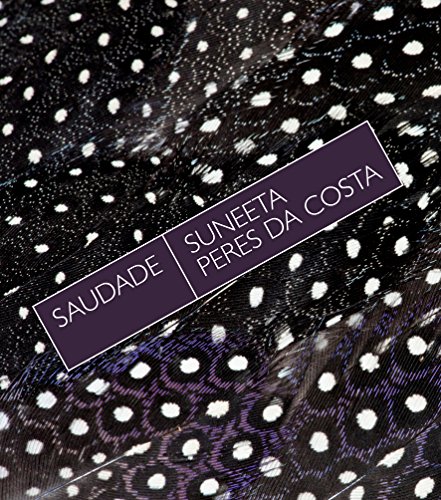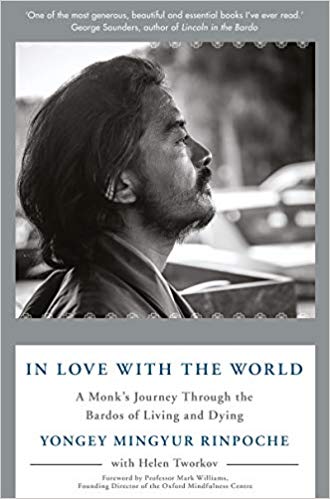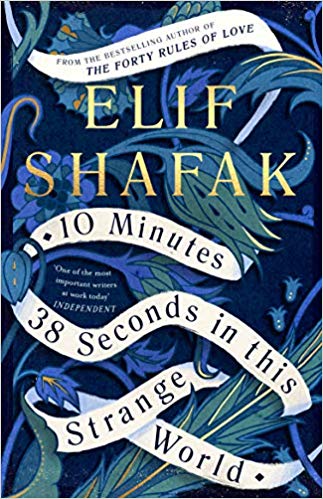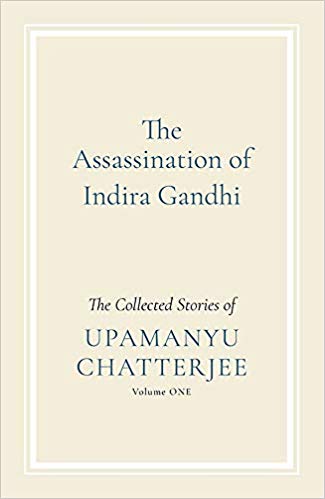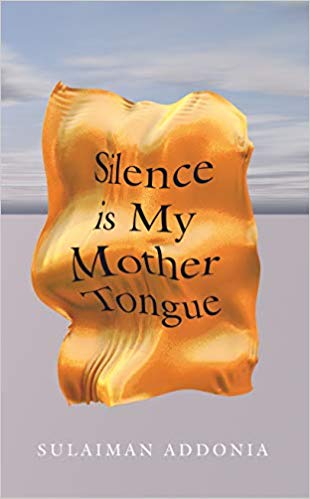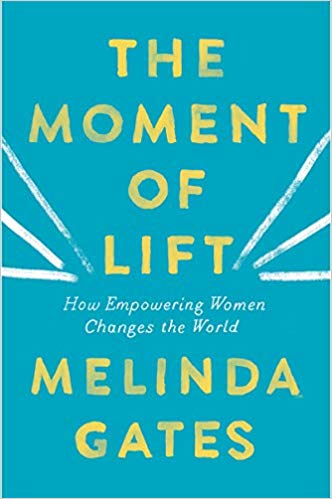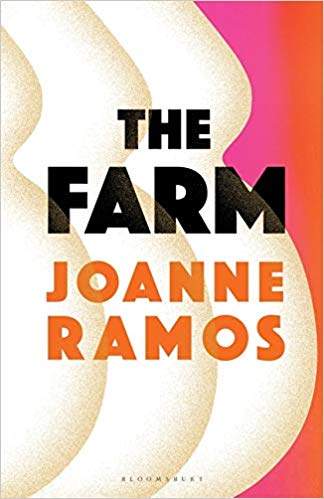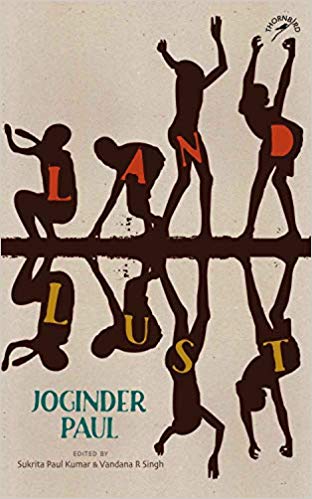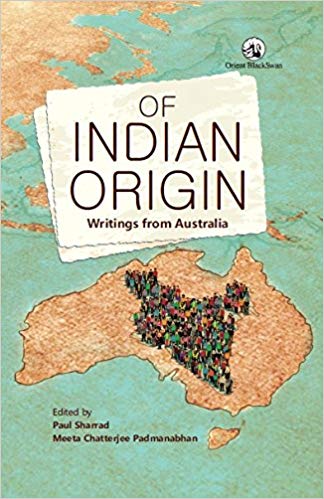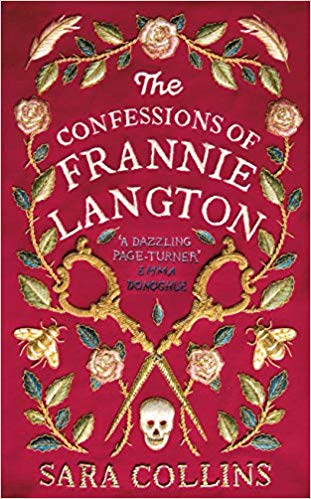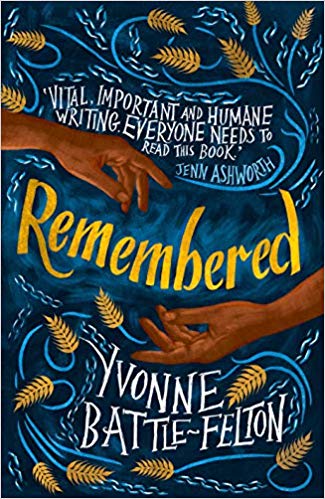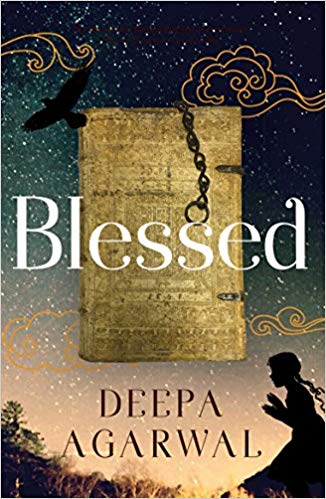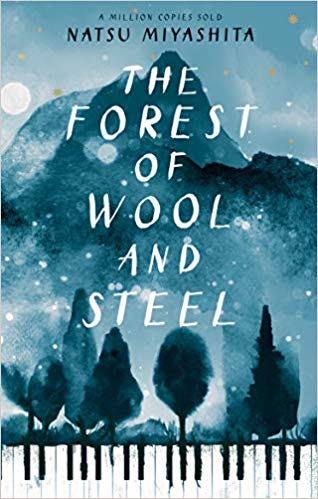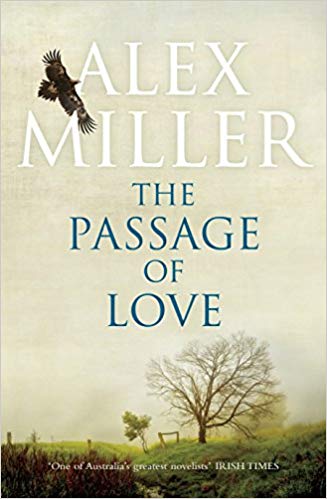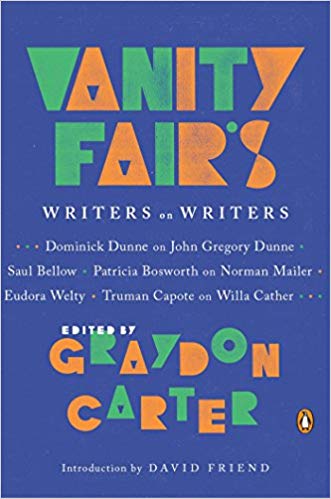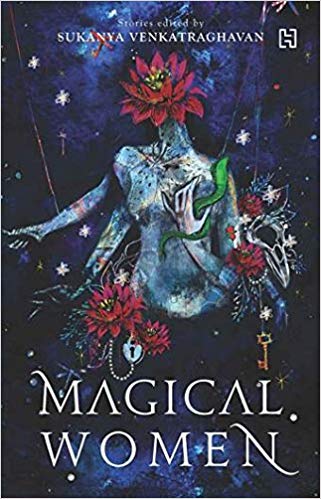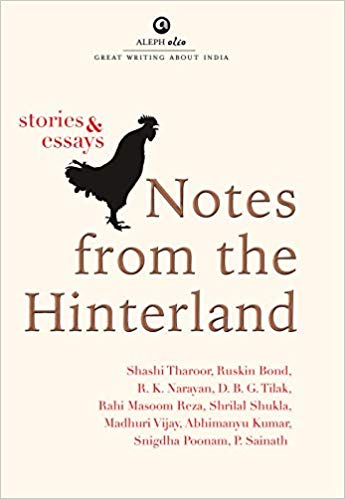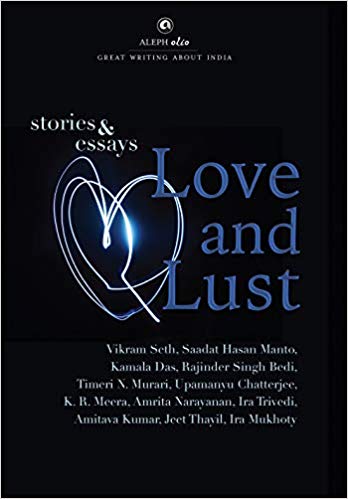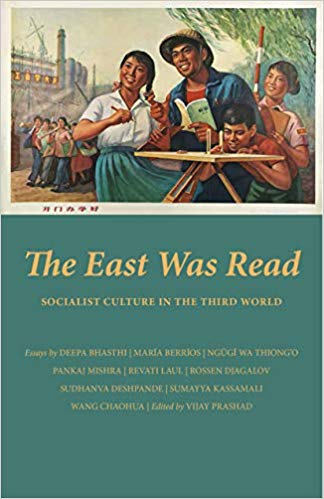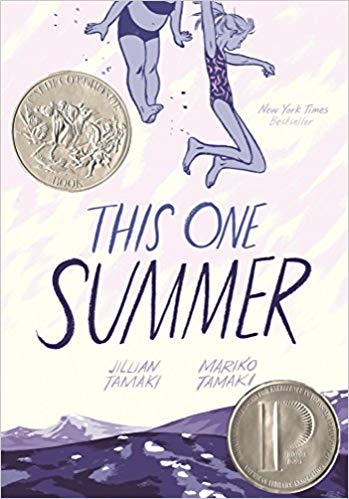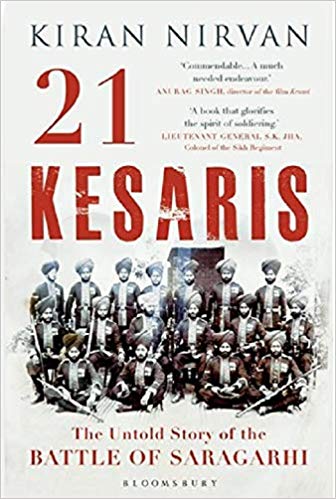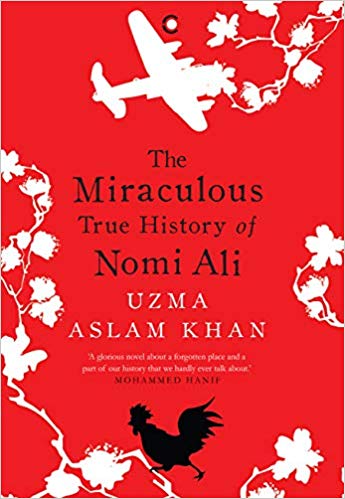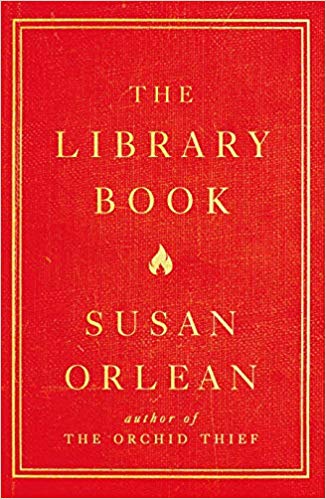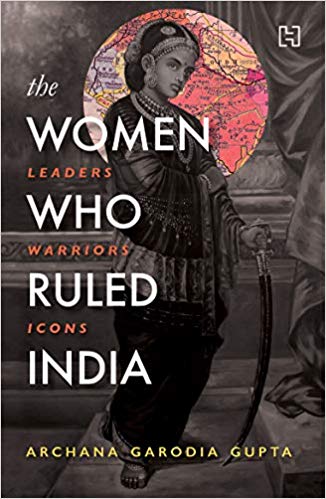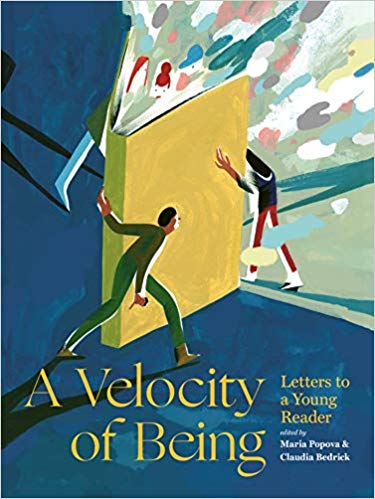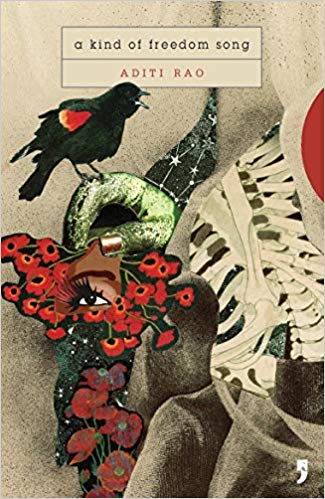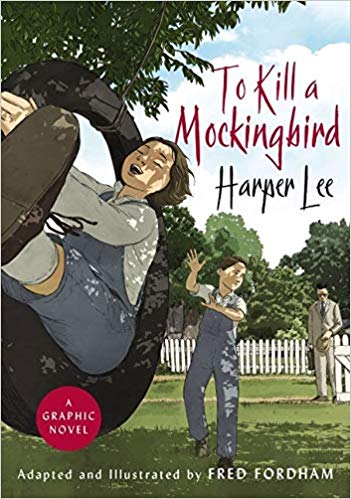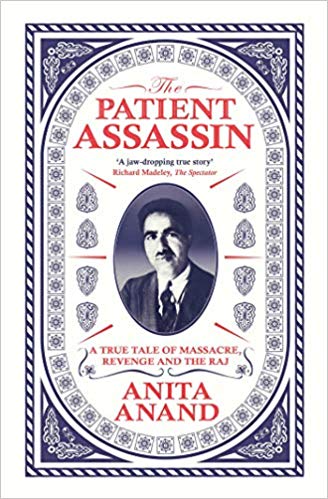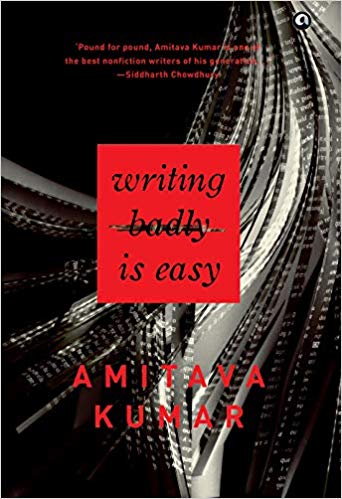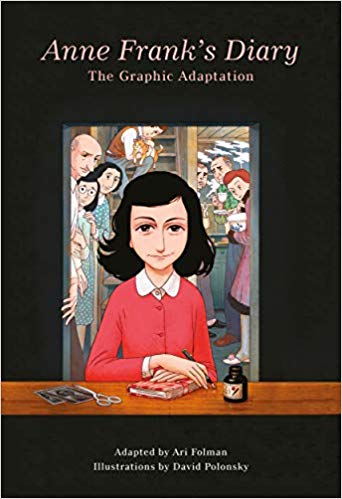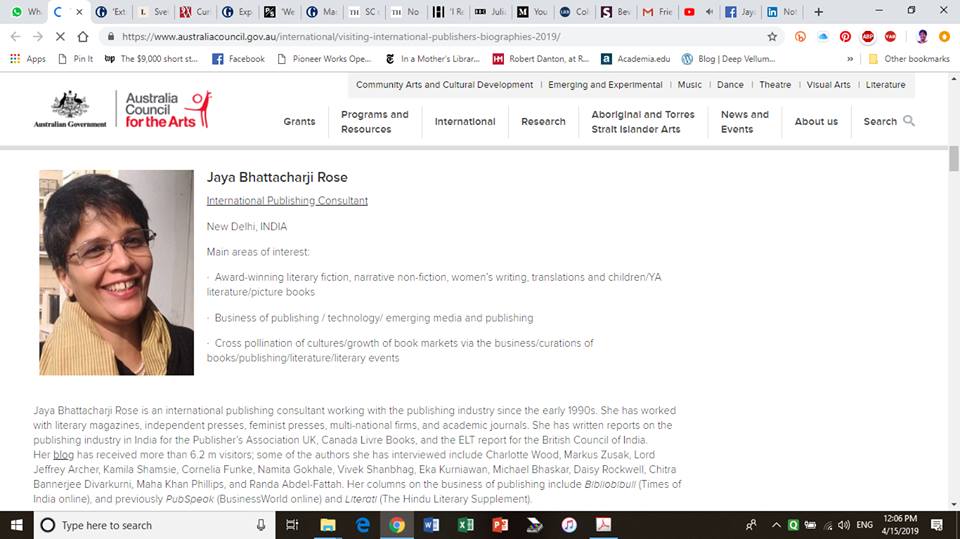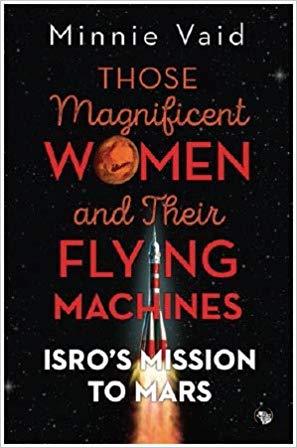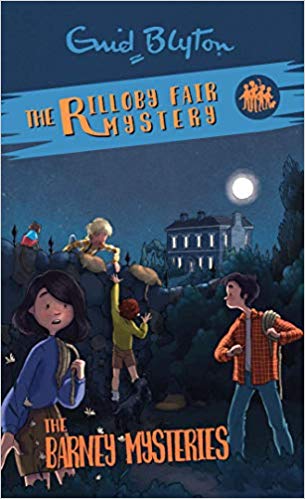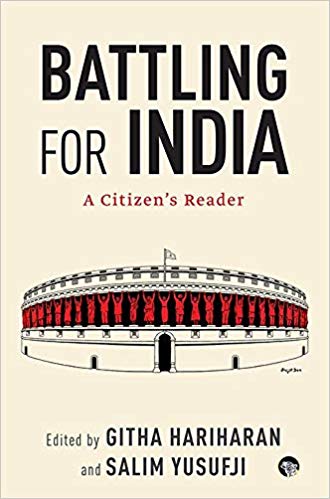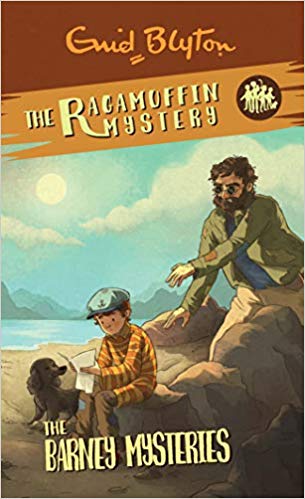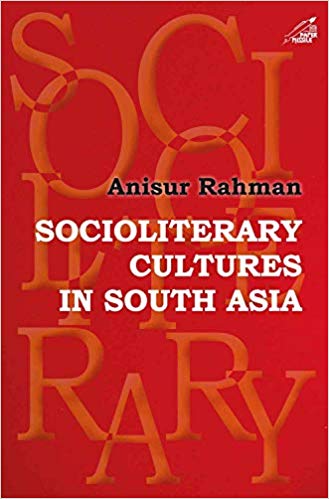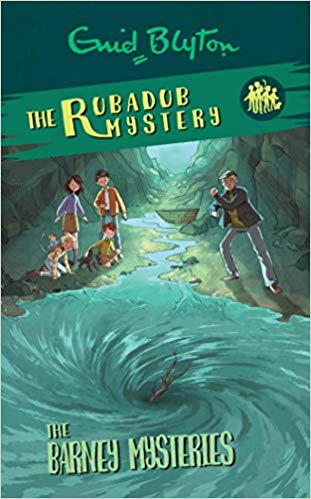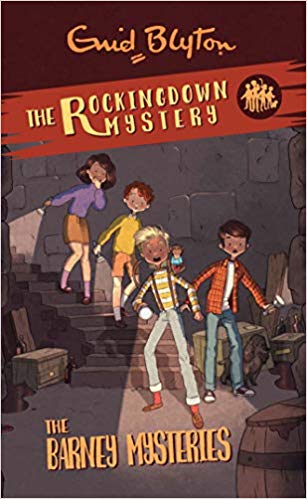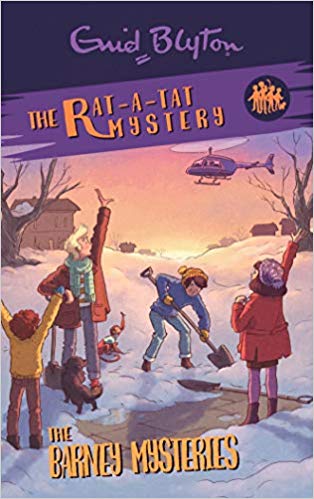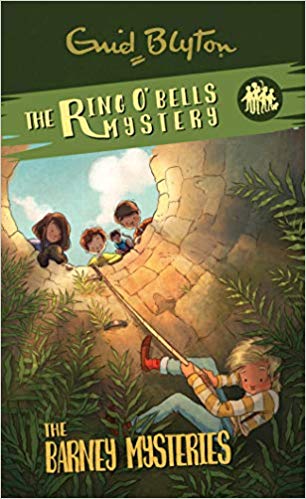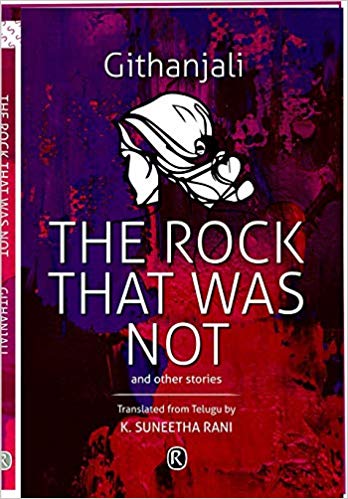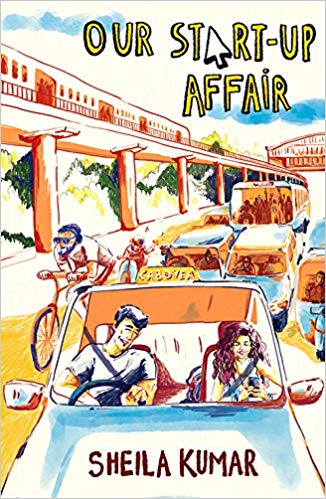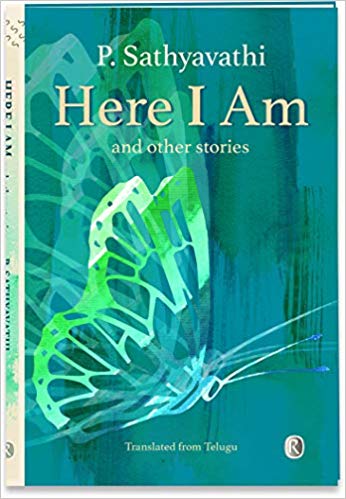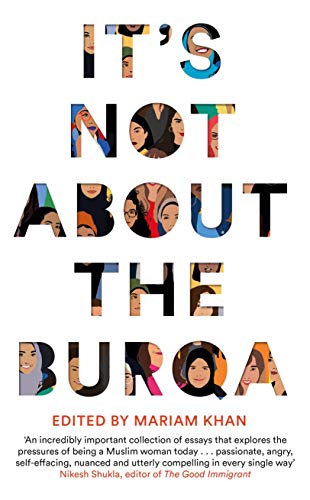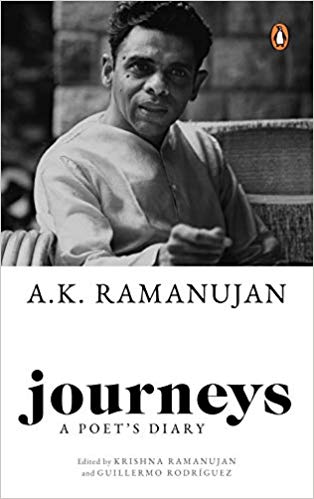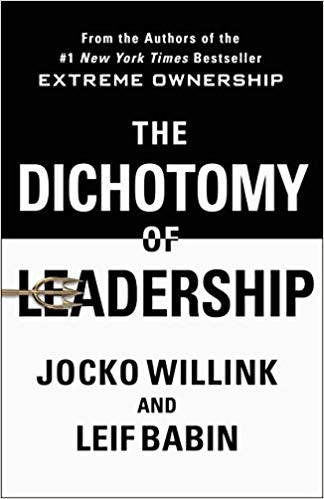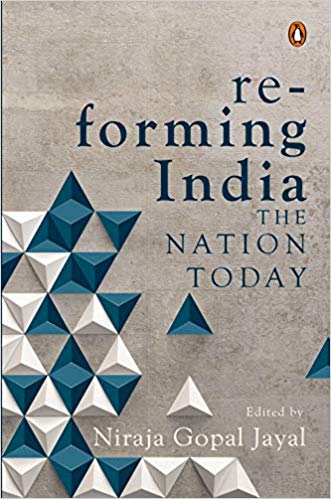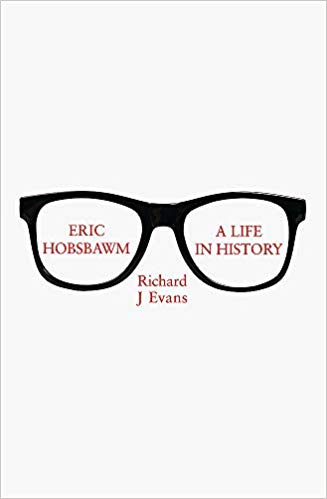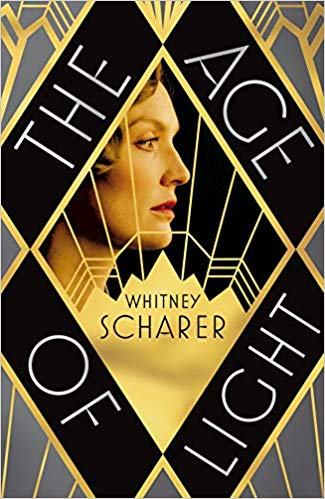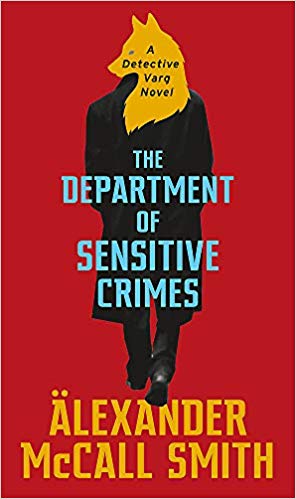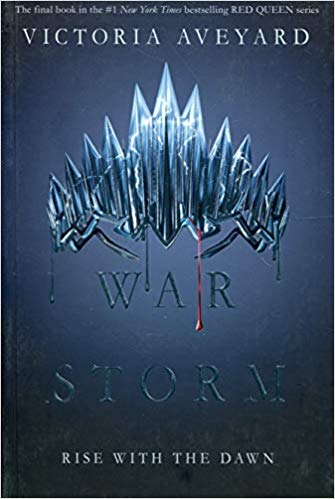Elif Shafak’s “10 Minutes 38 Seconds In This Strange World”
Zaynab122 nodded as a cloak of sadness engulfed her. Religion for her had always been a source of hope, resilience and love — a lift that carried her up from the basement of darkness into a spiritual light. It pained her that the same lift could just as easily take others all the way down. The teachings that warmed her heart and brought her close to all humanity, regardless of creed, colour or nationality, could be interpreted in such a way that they divided, confused and separated human beings, sowing seeds of enmity and bloodshed. If she were summoned by God one day, and had a chance to sit in His presence, she would love to ask Him just one simple question: ‘Why did you allow Yourself to be so widely misunderstood, my beautiful and merciful God?’
Elif Shafak’s latest novel 10 Minutes 38 Seconds In This Strange World is about a prostitute, Leyla Afife Kamile or Leila, who has been killed and her body dumped in the city waste bin. 10 Minutes 38 Seconds also alludes to the time it takes for the brain to remain active after a patient has been declared clinically dead. While the clock is ticking to the final 10 minutes 38 seconds, Leila in the dumpster, begins to recall her past — her childhood, her family and the group of five friends in Istanbul she considered her safety net — Sabotage Sinan, Nostalgia Nalan, Jameelah, Zaynab122 and Hollywood Humeyra. It is a motley bunch of folks in Leila’s inner circle consisting mostly of runaways like herself. They are on the fringes of society which gives them the freedom to move and comment easily. But for Leila five was a special number. It was a number found across all faiths. Five were the number of books in the Torah, Jesus suffered five fatal wounds, Islam had five pillars of faith, King David had killed Goliath with five pebbles, Buddhism has five paths while Shiva had five faces, looking out in five different directions and Chinese philosophy revolved around five elements — water, fire, wood, metal and earth.
In the patchwork of memories that Leila chooses to share with the reader there are instances of conversations between women in her village. There are conversations between the two wives of Leila’s father. There are conversations in the police station or waiting lines at the public hospital. There are conversations between clients and her pimp. Leila even reflects upon the sexual abuse she faced from her paternal uncle that the whole family chose not to acknowledge even though they, including her father, knew that Leila was telling the truth. There are the stories of her friends and their migration to Istanbul. Her friend the Somalian Jameela of mixed parentage ( Christian and Muslim) escaped ethnic cleansing and sexual exploitation who “like all foreigners, she carried with her the shadow of an elsewhere”. The other friends had similar stories. While these are stories that add up to create a fascinating narrative, what is truly remarkable is that Elif Shafak uses her literary skills to tell the stories of women and the marginalised. These are groups of people who are “normally” silenced in fiercely patriarchal societies. Using Leila to tell these stories is a magnificent literary device. For Leila’s voice is strong. It has an authoritative tone while sharing her story. It cannot be challenged for she is dead. Leila is free to share her experiences and opinions without any judgement being passed on her whatsoever. She is telling her story in the manner she likes. It is liberating. It also holds true for her friends who to some degree have the same freedom of expression as Leila as they are dismissed as “lunatics” by the coroner, so are not necessarily heard. They are free to express their opinions on even sensitive topics like religion. They are “devastated” with the loss of Leila but it is not something to be considered in the State’s opinion as they were not blood relatives. Instead the decision is taken to bury Leila in the loneliest graveyard in Istanbul — the Cemetery of the Companionless.
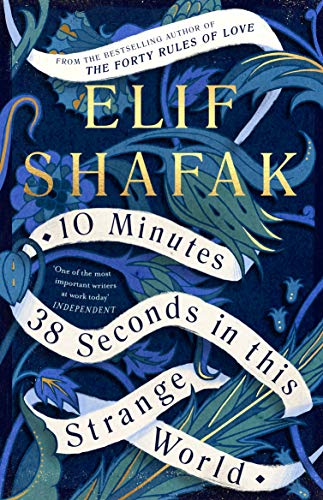
Elif Shafak said in the 2018 New Statesman / Goldsmiths Prize lecture “Why the novel matters in the age of anger” that in a world ruled by fear and division – novelists no longer have the luxury of being apolitical.
The novel matters because it connects us with the experiences of people we have never met, times we have never seen, places we have never visited. The novel matters not only because of the stories it brings alive, but also the silences it dares to explore. As novelists we keep our ears pricked all the time, attentive to the rhythm of the language, the usage of words, the stories and legends swirling in the air – but we must also listen carefully to the silences. Here we find the things that cannot be openly talked about in a society; the political, cultural, sexual taboos.
…
The novel matters because, like an alchemist, it turns empathy into resistance. It brings the periphery to the centre, it gives a voice to the voiceless, it makes the invisible visible. And it also distils the deluge of information into drops of wisdom – as argued by the German-Jewish philosopher and cultural theorist Walter Benjamin. Writing at a time when Nazism and the ideology of hatred were on the rise, and the world was turning upside down, Benjamin repeatedly made a distinction between “information” and “wisdom”. He believed that the writer, in the depth of solitude, shared his or her own experience or the experiences of others, and by doing this, shed light on “the perplexity of living”. But here is where Benjamin’s theory becomes all the more relevant for our world today. The more information is available and the faster it spreads, he thought, the deeper was the perplexity of living. The proliferation of information at the expense of wisdom, and the widening gap between the two preoccupied Benjamin. He was worried that this might bring along the demise, and eventually the death of the art of storytelling.
…
The job of a writer is to rehumanise those who have been dehumanised. As many who have lived through horrors have told us, including the Auschwitz survivor Elie Wiesel, the opposite of love, kindness or peace is not necessarily hatred and war. The opposite of love is numbness. It is indifference.
10 Minutes 38 Seconds In This Strange World exemplifies much of what she Elif Shafak said in her lecture. As a feminist she makes visible the domains of women and the marginalised by looking into their very souls. She makes the invisible stories visible and gives a voice to the voiceless. By dipping into the stories of her characters Shafak unveils the multi-culturally rich stories that exist all around us in a “comforting harmony”. These stories abound irrespective of the toxic politics of ultra-nationalism or religious fundamentalism or authoritarianism that are on the rise and with them misogyny and sexism. This is why she firmly believes that the age we are living in is an important crossroads for global solidarity, global sisterhood.
Read 10 Minutes 38 Seconds In This Strange World !
28 May 2019

